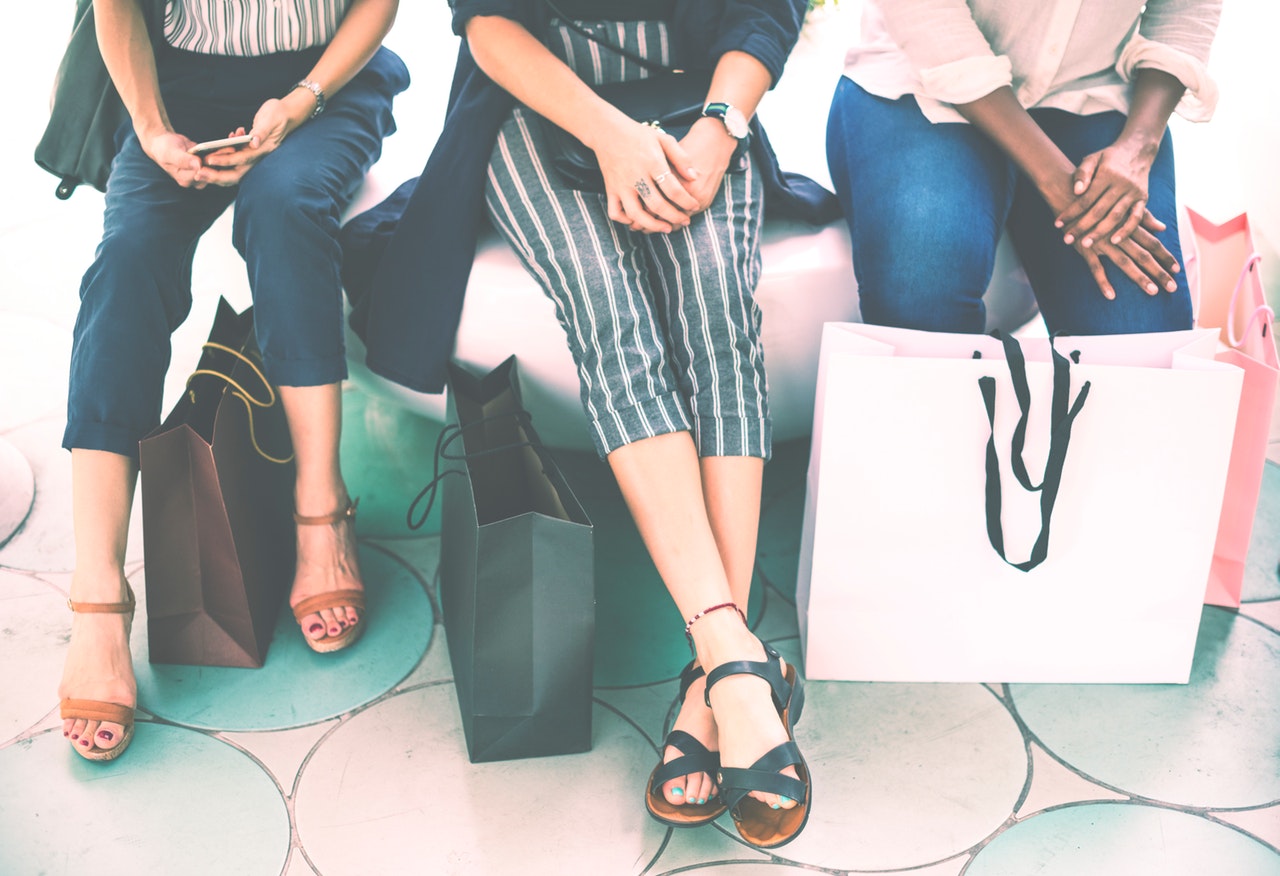In this day and age, customers both want and expect a lot more for their hard-earned cash. Defined, a customer’s expectations can be “any set of behaviours or actions that they anticipate” – and these expectations are increasing. In the past, all that’s been expected has been the basic quality service and a fair price to reflect that. However, over the years this has changed considerably – and customers are prepared to voice their frustrations on social media if they’re not happy.
That has led to companies now including more gadgets and services, as well as improving their customer interaction in a bid to entice buyers to purchase their product and meet their expectations. Customer interaction and personalisation is becoming more important, both in store and online. Research has found that 84% of customers say the key factor in winning their custom is by being treated as a person, not a number. Doing this leads to more business down the line, with 57% stating they stopped buying from a company because they received better service elsewhere. This shows that it’s more important than ever to focus on your customer’s needs.
Here, we look at what people are now demanding across industries, and how companies are bowing to the pressure to include it.
Retail industry
Buy-one-get-one-free sales are a huge draw for the retail industry. However, while this has often drawn customers in, the public now expect to find better deals and cheaper prices if they take their business online. Companies like Getthelabel.com have tapped into this market superbly. By offering designer clothes at significantly reduced rates, they are targeting the 51% of us who prefer to do our shopping online.
With only 13% of Brits knowing what they want to buy, a third of us now expect a ‘suggested products’ option online. This is crucial information for companies to supply as it can lead to impulsive sales. In fact, two in five admitted that they’d be more likely to buy a product online than in-store because of this option.
Hospitality and tourism
The travel industry is rife with bloggers and reviewers. Sites such as TripAdvisor are a free and easy platform for members of the public to air their views. Research has found that 95% of hotel visitors read online feedback and base their booking decisions on this. It’s key to remember that such platforms, while they can be vital free publicity, they can also be brand damaging. Because of this, it’s crucial that you provide the ‘perfect’ package. So, what do customers expect?
Well, travellers expect, as a minimum, cleanliness, a great view, a good location and complimentary toiletries. However, this has been the case for many years now. Recently, though, the customer has been expecting more perks. These include free Wi-Fi, mobile check in and out to beat the queues, free use of the spa and gym facilities, and even eco-friendly practices such as renewable energy sources.
Further afield, offering a chauffeur service to and from your location is becoming more expected, especially from this in the business world. Offering such a service could be the difference in a customer returning to your hotel.
Motor industry
While car buying used to be a symbol status, today’s consumers are more interested in how efficient their model is, as well as its value and connected car experiences. Added extras have often been the bane of a car buyer’s life, with the final price being a lot more than first anticipated. If you want top of the range technology, you have to pay a lot of money to get your wish. However, some companies are starting to buck that trend.
The latest advert by Vauxhall regarding their new Astra proves exactly this. The advertisement for the Astra Griffin model is a short skit shows potential buyers asking about add-ons and if they came with the deal, only for the question to be laughed at. This humorous ad shows both sides of the coin – customers wanting more, and car salespersons offering less. However, the idea of the advert is to point out that, in fact, the Corsa Griffin is breaking the mould and giving the customers what they want – a higher spec model for the same price.
Mercedes are also noticing the benefit of offering their customers more. They have encouraged owners of older models to convert their vehicle for free. The Marketing Director of Mercedes-Benz Cars UK, Rob Halloway, said: “Connected tech isn’t just something that’s coming, it’s something that can be fitted to your faithful and favourite old E-Class now. Our MercedesMe adaptor plugs into a car and opens up with the world of connected cars. It can tell you the mileage, fuel consumption, parked location, your last route.”
It’s tools like this that are helping the industry keep their customers happy, meaning they are more likely to return for your services in the future.
Entertainment
In years gone by, if you wanted to binge watch your favourite television series you’d have to fork out a small fortune on a box set. While collectors may still be buying this way, for many it has fallen by the wayside. This is because of services such as Netflix. Nowadays, viewers expect to pay as little as £5.99 for an abundance of programmes – and sometimes even complain if they aren’t available!
Although Netflix was founded in 1997, it didn’t become popular until the last few years. As of January 2019, there were over 139 million paid subscriptions to the service. Catch-up services are also available within your mainstream entertainment package and thanks to technology, you can now record programmes and pause your TV.
As a nation, it’s clear that we are becoming more demanding with what we expect if we are spending money. With technology continuing to advance at a rapid rate, it’ll be interesting to see if new developments bring more demands from shoppers.

